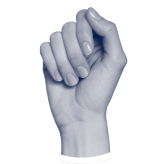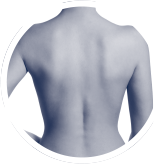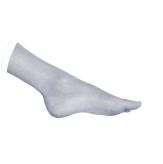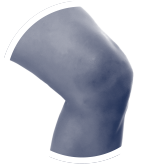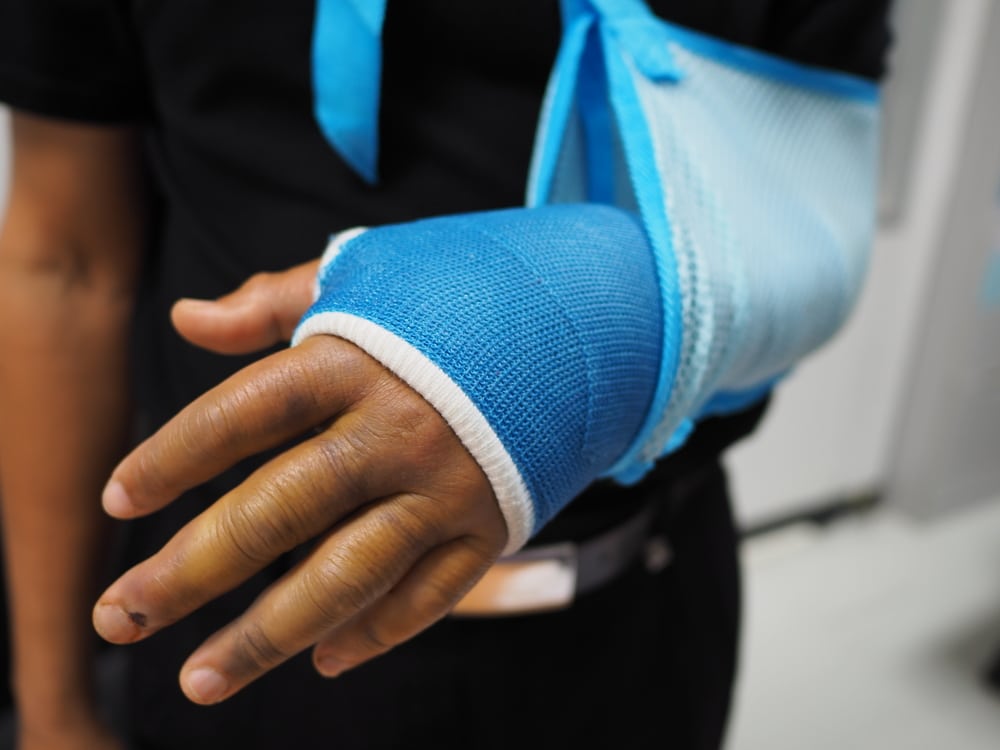
A broken bone is one of the most common medical emergencies that can occur, especially in the wintertime when slippery floors cause slips, trips and falls.
While many symptoms of a broken bone are obvious, there are more subtle ones that you may miss or could be confused with a displacement.
The Most Common Symptoms
Bones are strong and flexible. They’re designed to carry the weight and force of an adult throughout their life. When a force is applied to the bone that is excessive, a break can occur. This is also known as a fracture. These normally occur in accidents – such as a car crash, a fall or another type of large impact.
The most obvious symptoms are an immediate pain, swelling, possible deformity or protrusion where the break in the bone occurs. If you experience any of these symptoms, you should seek medical attention immediately.
Less Common Symptoms
Sometimes breaks can occur not through one large impact, such as a fall, but through repetitive stress on the bone, such as excessive running or through a lesser impact. When this occurs, a broken bone may be less obvious or be a crack instead.
There are many symptoms to look out for. When the break occurs, if you hear or feel a ‘snap’ this could be an indication a break has occurred.
If there’s swelling or tenderness at the break or pain occurs when you apply weight to the area could be a sign that the bone has broken.
Non-local symptoms also include fainting, dizziness, feeling sick ass the body responds to the break.
What Should I Do If I Suspect I Have a Broken Bone?
If you think you have a broken bone, should seek medical attention immediately. For fingers and toes, you should attend a minor injury unite or urgent care centre.
For larger breaks, such as a broken arm or leg, you need to attend A&E. For leg breaks, you should call an ambulance via 999. For severe breaks, like neck or back breaks, always call 999 first.
It is important you attend A&E to that the break can be properly aligned and held in place with a cast. If you don’t, your break could cause permanent deformities, increase the likelihood of infection and cause further injuries – where the bone may damage surrounding tissue.
London Bridge Orthopaedics deal with minor, non-life-threatening fractures. If you suspect that you may have a broken bone, contact us today.


